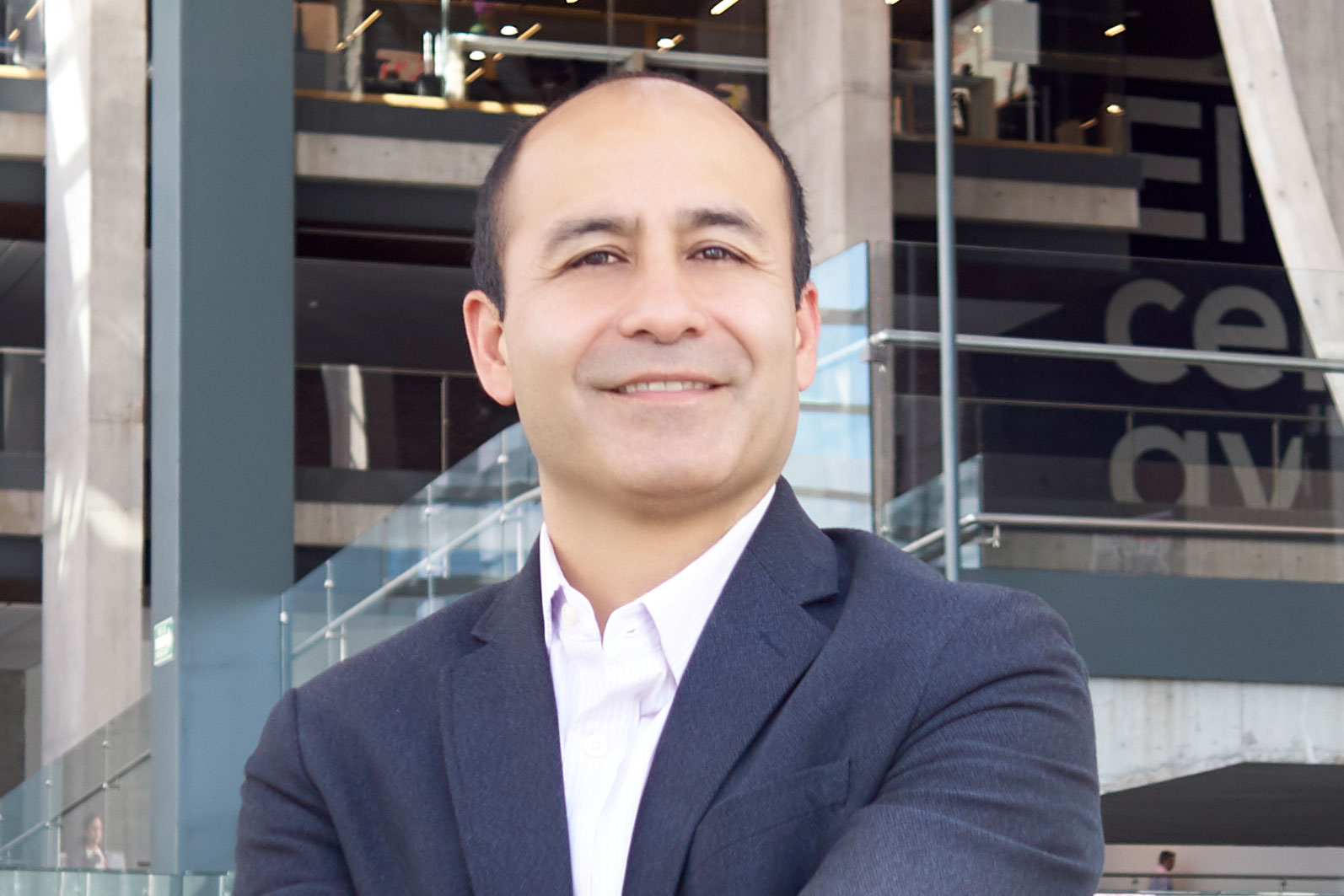The world continues to move despite COVID-19 and companies are still struggling to attract the best talent to their ranks. Apart from the difficulty of finding certain increasingly coveted profiles, such as digital marketing experts, conducting face-to-face job interviews or attending networking events or job fairs is no longer possible.
A more serious challenge further complicates this task: most selection processes are based on professional biographies with a large dose of self-praise and personal references, aptitude tests that are administered just to meet a requirement, and the perceptions of interviewers seeking to align themselves as far as possible with the business leader who, to be honest, is also unsure of the ideal profile for the role.
How can Artificial Intelligence (AI) help?
Fed by profile and behavior prediction algorithms, increasingly perfected with massive amounts of data and a surprising assertiveness, AI is changing the way companies attract and retain talent.
Just as Amazon's algorithm can suggest offers based on users’ type of phone, browsing habits, or IP address, a company can take advantage of the same technological bases to determine which words will attract the most suitable candidates or the characteristics required to perform well in a specific position.
Using AI, people analytics can convert the data collected from candidates –educational background, the results of psychometric tests (the reliable ones), prior experience, years in similar roles, or time spent in each role— and correlate them with their performance on entering the company.
AI will also be able to detect whether the recruiter had a bias and selected numerous candidates with similar characteristics regarding gender, career, prior experience in rival companies, type of university or zip code, among other biases.
Kraft-Heinz is a clear example of how this technology can be capitalized. Its recruiters use Pymetrics, a digital platform for administering tests, simulations and games that reduces the natural bias to hire more men than women or focus on a certain group of schools or programs
What is the impact of people analytics and AI on business?
The retail sector has traditionally suffered from employee turnover in physical stores. A deficient selection process not only results in a recurring search for talent, but also generates losses for every hour that the store does not have sufficient staff to serve its customers.
Let us consider the case of a model with which a hamburger chain can correlate a cashiers’ performance with particular traits of their BIG 5 personality test (the same one that millions of Americans have taken and that helped Trump win the elections by adapting his political messages to each personality). This will enable us to confirm that their level of extraversion, agreeableness or conscientiousness determines their sales performance, rather than an assessment subject to curves that organizations must fulfill.
Some results can be counterintuitive: someone who is extremely friendly will not necessarily be the most efficient person for serving in a food court at lunchtime. The more data generated using these technologies, the more accurate predictions will be. HR's role will be to test and adjust these models, integrating not only internal data, but also external data from companies in the same industry or with similar talent challenges.
What solutions are available in the market? Which companies are using them today?
Textio, a US data-processing firm, is taking a step forward (or a step back if we are talking about the recruitment process). Its platform has the capacity to compare job offers with all those posted online, identify how effective the advertisement is, and, by adjusting a few words or phrases, assure that it attracts the right talent for the role. Another example is Fama Technologies, which, using mass text recognition, scans social networks to identify any harmful or discriminatory behaviors displayed by candidates there.
Major companies, such as IBM, Intel, Delta Airlines and Hilton, use these and other technologies to assure the best talent. IKEA conducts automated interviews with HireVue robots, employing facial, text and voice recognition as the basis for assessment.
With AI, the next time you are looking for talent, you will have a clearer idea about the profile that will work for the position and, as time goes by, decrease staff turnover. Is there a risk of stereotyping the candidate? We are already doing this today with criteria that are far less concrete and based more on perceptions than realities. Can AI do a better job than recruiters? The answer is: not yet, but recruiters can clearly do a better job with the help of AI.
Publicado originalmente en Factor Capital Humano.

